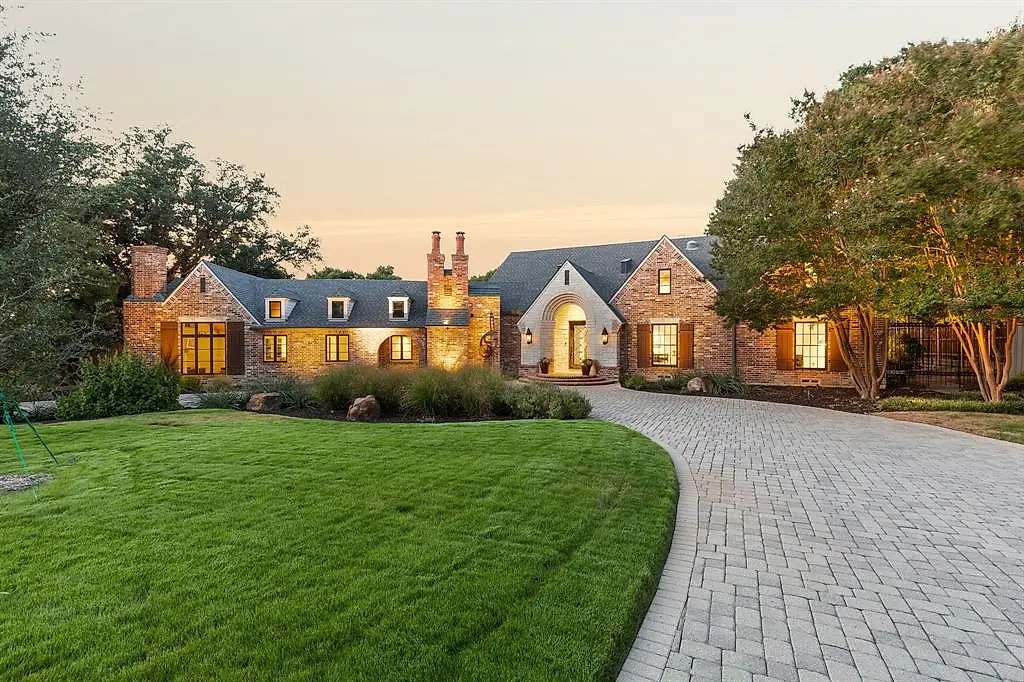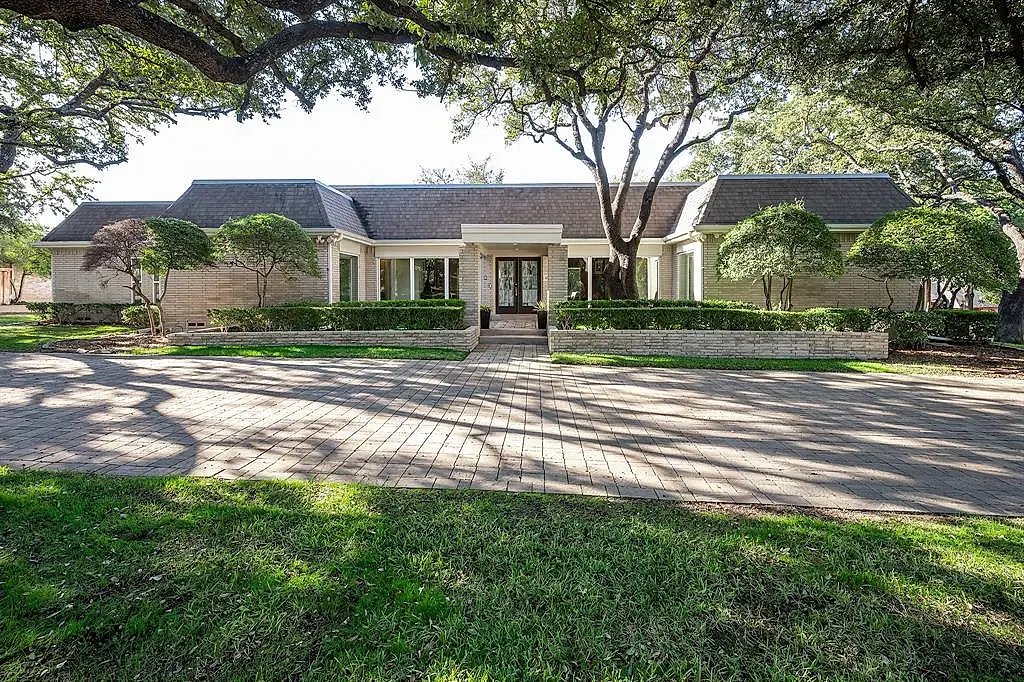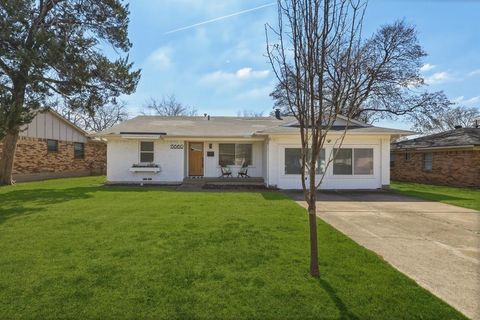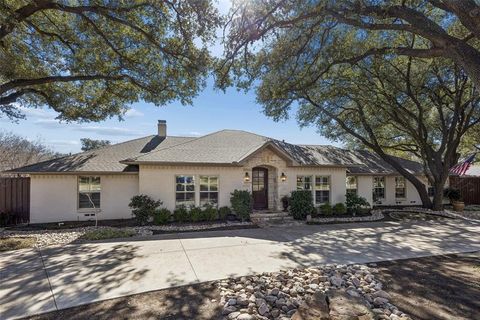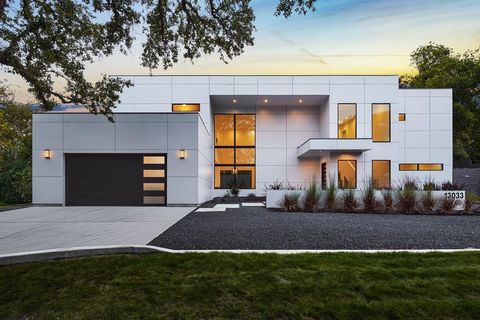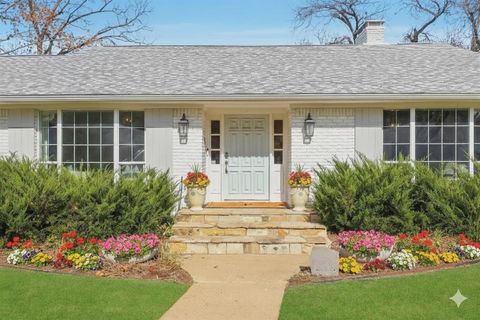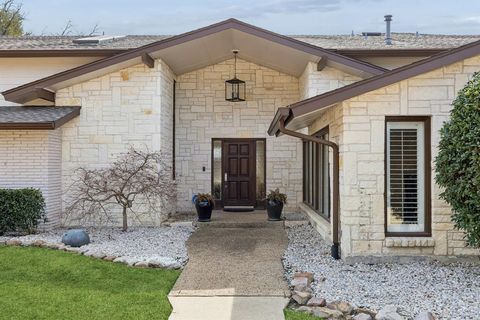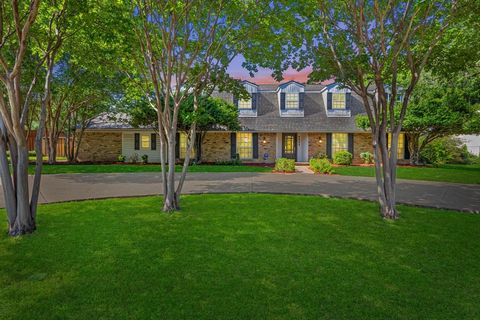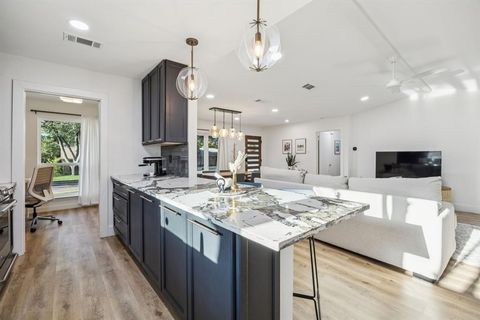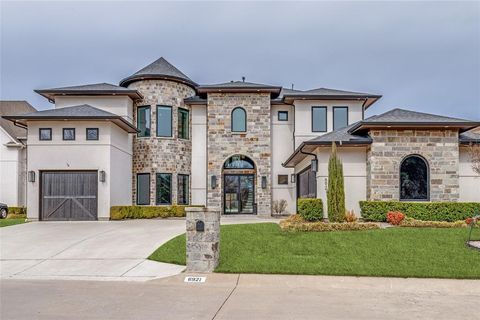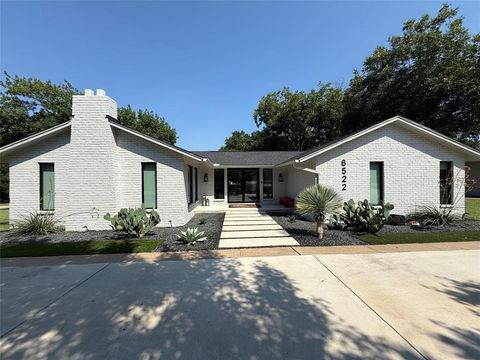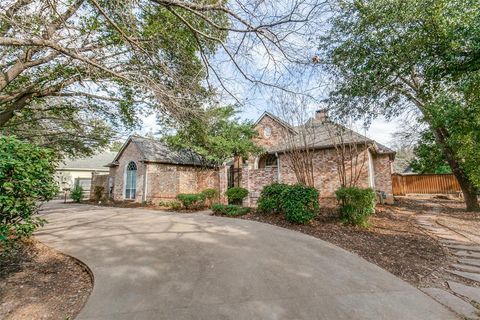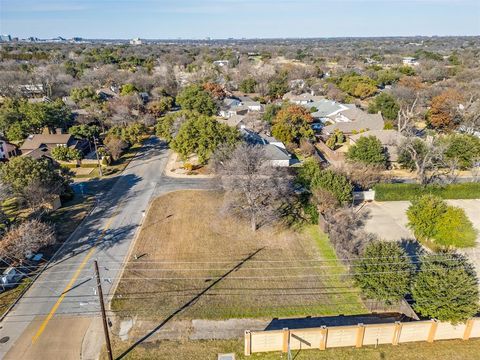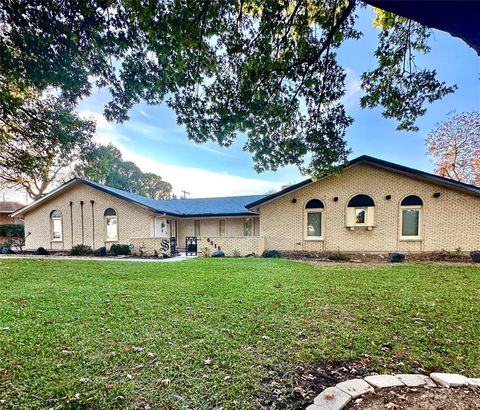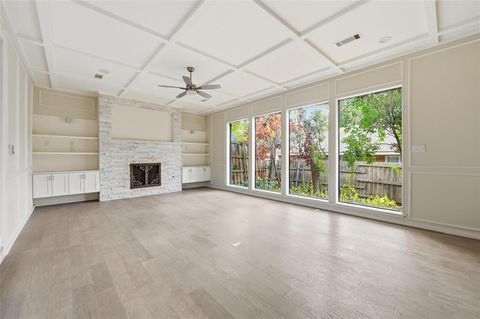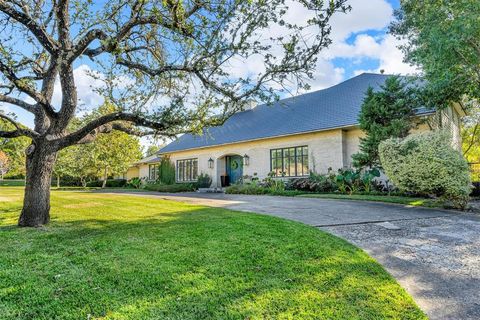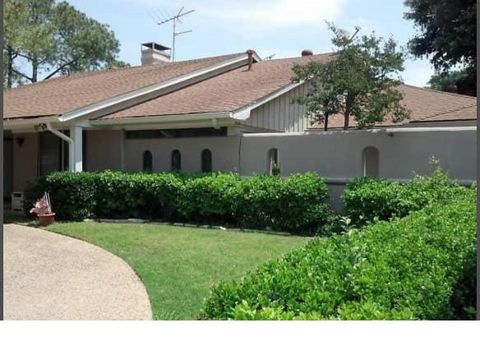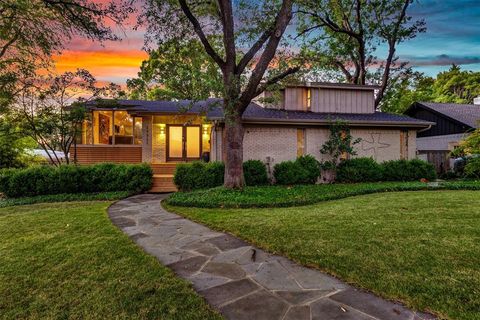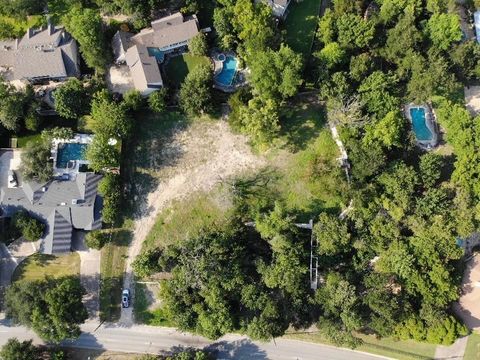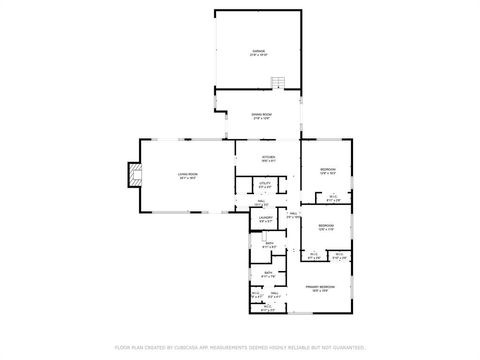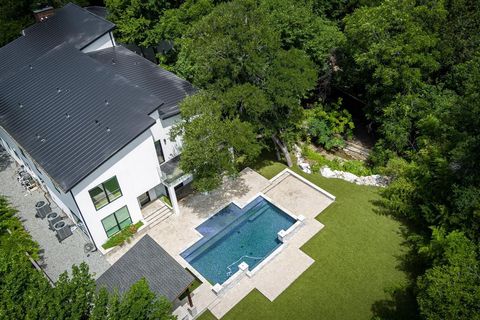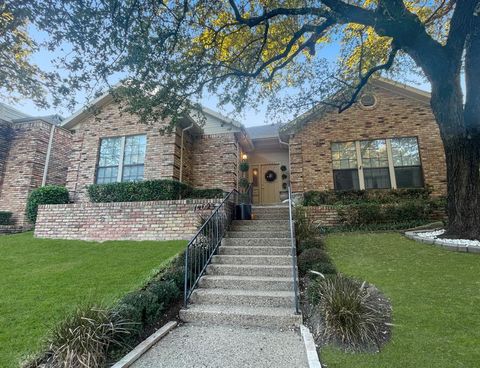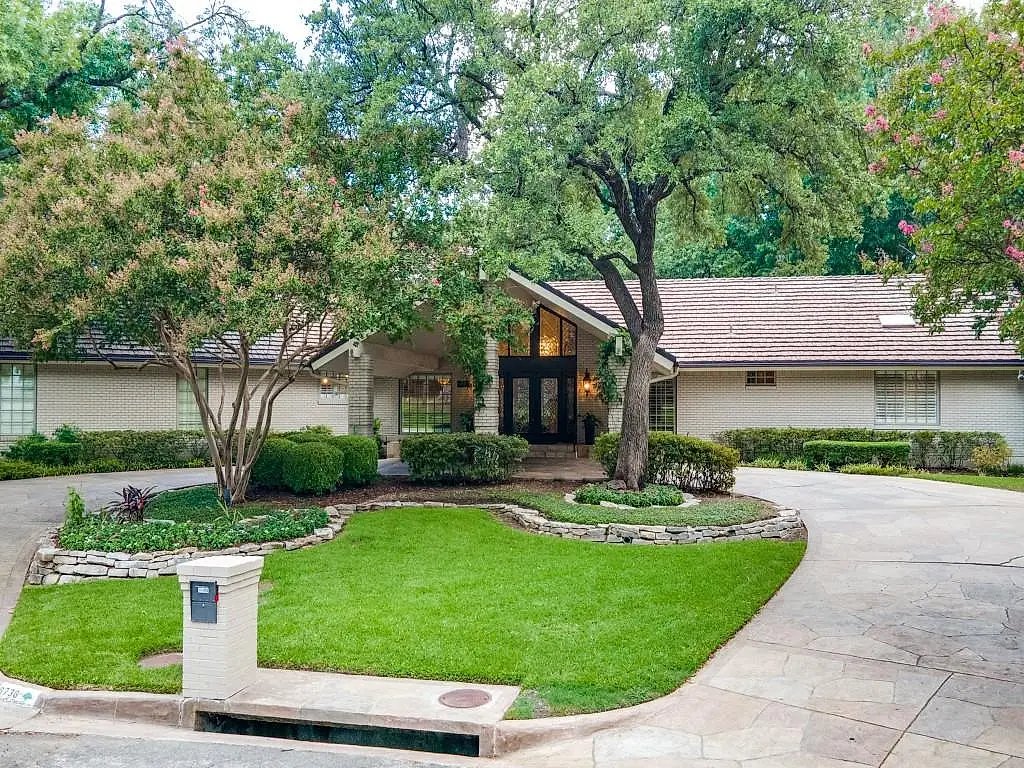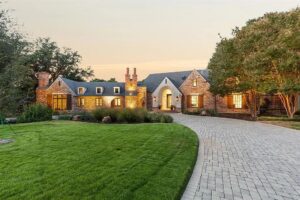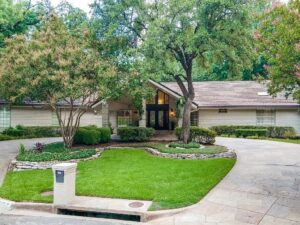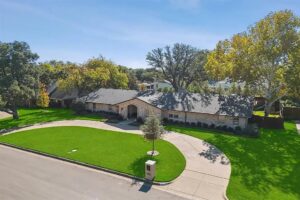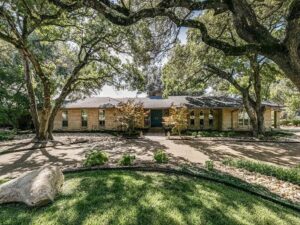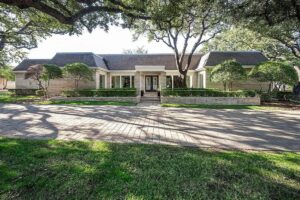Dallas Home Architecture Guide: An Introduction to Northwood Hills
This Dallas Home Architecture Guide introduces Northwood Hills, a premier neighborhood in North Dallas. Known for its blend of rural tranquility and urban convenience, it’s a sought-after area for discerning homeowners. Once farmland, it now features about 1,200 homes with diverse architectural styles on half-acre lots. From traditional to modern and contemporary designs, these styles reflect the unique preferences of its residents, significantly boosting the neighborhood’s appeal and making it a prime choice for those seeking homes with character and individuality.
Historical Insights from the Dallas Home Architecture Guide: The Evolution in Northwood Hills
Northwood Hills has a rich history, once farmland owned by the George Drewery household. This heritage influences its architecture. Clodus Fields, a local landscaper, introduced majestic oaks and magnolias, adding natural charm. Developer George Mixon and the area’s original houses reflect the commitment to preserving history and diversity in architecture.
The neighborhood’s architecture tells a story of its past and its founders. Features like deep setbacks and spacious lots echo original design goals, blending old charm with modern features. Northwood Hills’ architecture evolves while respecting its legacy, honoring pioneers who shaped this Dallas neighborhood.
Homes For Sale In Northwood Hills
Popular Architectural Styles in Northwood Hills: A Dallas Home Architecture Guide Overview
Northwood Hills showcases diverse architecture, blending traditional, modern, and contemporary styles. Traditional homes feature gabled roofs and symmetrical designs. Modern homes have sleek lines and open layouts.
This architectural variety reflects the area’s evolution, highlighting different design periods. It adds visual appeal and shows Northwood Hills’ dynamic real estate scene. From mid-century modern homes to contemporary masterpieces, each style enhances the neighborhood’s desirability for unique properties.
Celebrated Architects and Builders: Insights from the Dallas Home Architecture Guide
Northwood Hills features the remarkable work of architects and builders such as George F. Mixon Sr. and Jr. Importantly, their designs seamlessly blend tradition with innovation, resulting in homes that boast a timeless appeal.
Additionally, William T. Troth and George Drewery significantly contributed to the area’s early development. Notably, they harmonized the natural beauty with thoughtful architecture, thereby setting a high standard for the neighborhood.
Furthermore, Trammell Crow has also made an indelible impact on Northwood Hills. His unique development approach skillfully combined modern features with a nod to historical respect, effectively guiding future architects and builders in the area.
Identifying Architectural Styles in Northwood Hills
Exploring architectural styles in Northwood Hills offers insight into the unique designs that define the area. Traditional homes often have pitched roofs, brick exteriors, and symmetrical windows, showcasing classic design. Modern houses, however, might feature flat roofs, large windows, and minimalist design, focusing on simplicity and space.
Key architectural elements like gables, dormer windows, or decorative trim hint at Northwood Hills’ diverse styles. For instance, homes with large porches, columns, and detailed woodwork may reflect Colonial or Southern Plantation styles, pointing to historical influences in the neighborhood. Observing these features helps identify the architectural variety that sets Northwood Hills apart in Dallas.
Impact of Architectural Styles on Home Values in Northwood Hills
The architectural styles in Northwood Hills significantly influence home values. A range of designs, from classic to modern, appeals to various preferences, impacting property values. For instance, a well-preserved mid-century modern house by a famous architect might sell for more due to its historical significance and unique features. This shows how certain styles boost home values in Northwood Hills.
Additionally, unique architectural characteristics can make Northwood Hills homes more desirable, affecting their market value. Elements such as large windows, open layouts, or distinctive roofs can make a property stand out, possibly leading to higher valuations. Real estate trends suggest that houses maintaining architectural styles that reflect the area’s heritage and architectural progress often retain their value better, highlighting the enduring effect of architectural styles on Northwood Hills home values.
